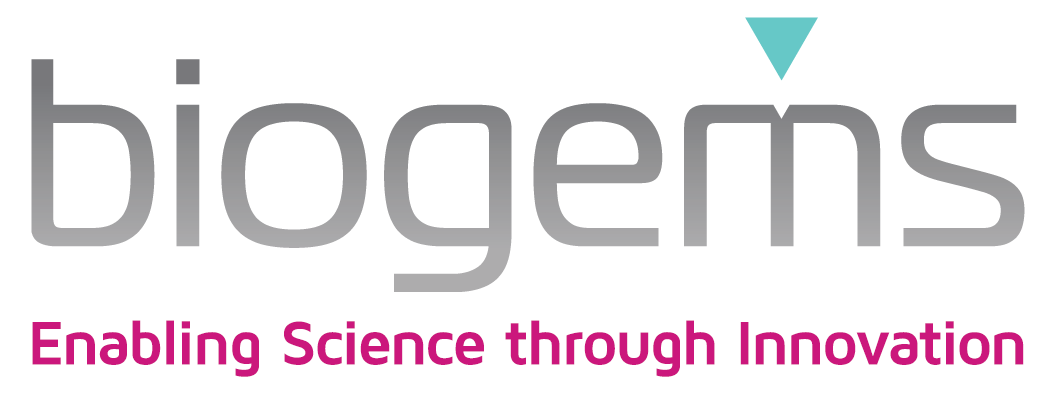Anti-Human IL-17A PE
Catalog Number : 73821-60
description
The 64DEC17 monoclonal antibody specifically binds to human IL-17A, a pro-inflammatory cytokine. It is produced by T helper 17 (Th17) cells, a unique subset of IL-23 dependent CD4+ T cells. Interleukin-17A is highly expressed in transplant rejection, asthma, psoriasis, and multiple sclerosis, and enhances the expression of ICAM-1 in human fibroblasts. The homodimer is expressed by activated peripheral CD4+ T lymphocytes. The Interleukin-17A binds to the IL-17 receptors (IL-17R) expressed by mast cells, monocytes and macrophages, fibroblasts, and endothelial and epithelial cells. The 64DEC17 is a neutralizing antibody.
Additional Information
|
Clone:
|
64DEC17
|
|
Format:
|
PE
|
|
Applications:
|
FC
|
|
Reactivity:
|
Human
|
|
Isotype:
|
Mouse IgG1, kappa
|
| Research Interest: | Adaptive Immunity, Cytokines & Growth Factors |
|---|---|
| Application: | FC |
| Clone: | 64DEC17 |
|
Preparation:
|
The product should be stored undiluted at 4°C and should be protected from prolonged exposure to light. Do not freeze. The monoclonal antibody was purified utilizing affinity chromatography and unreacted dye was removed from the product.
|
|
Formulation:
|
Phosphate-buffered aqueous solution, ≤0.09% Sodium azide, may contain carrier protein/stabilizer, ph7.2.
|
|
References:
|
Ren, Y., Yang, B., Yin, Y., Leng, X., Jiang, Y., Zhang, L., ... & Zhang, X. (2014). Aberrant CD200/CD200R1 expression and its potential role in Th17 cell differentiation, chemotaxis and osteoclastogenesis in rheumatoid arthritis. Rheumatology, keu362. Chung, B. H., Kim, K. W., Sun, I. O., Choi, S. R., Park, H. S., Jeon, E. J., ... & Cho, M. L. (2012). Increased interleukin-17 producing effector memory T cells in the end-stage renal disease patients. Immunology letters, 141(2), 181-189. Sakuraba, A., Sato, T., Kamada, N., Kitazume, M., Sugita, A., & Hibi, T. (2009). Th1/Th17 immune response is induced by mesenteric lymph node dendritic cells in Crohn's disease. Gastroenterology, 137(5), 1736-1745.
|
